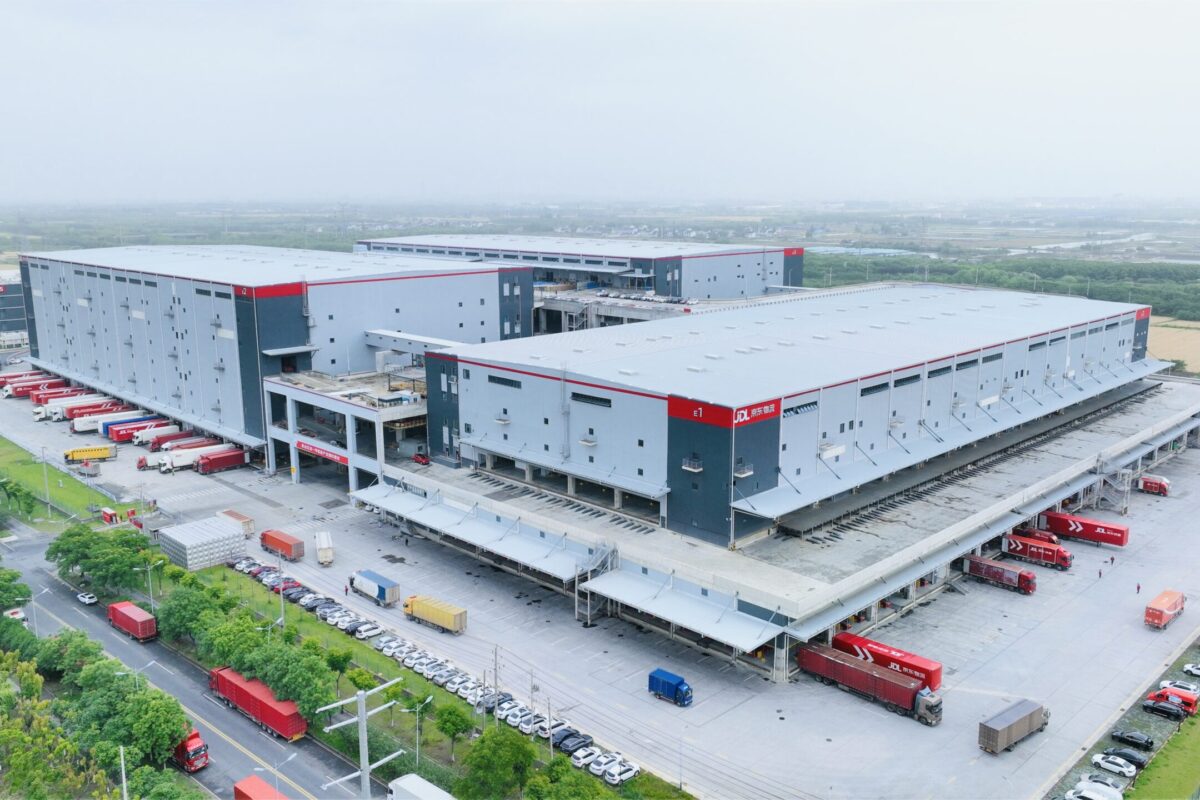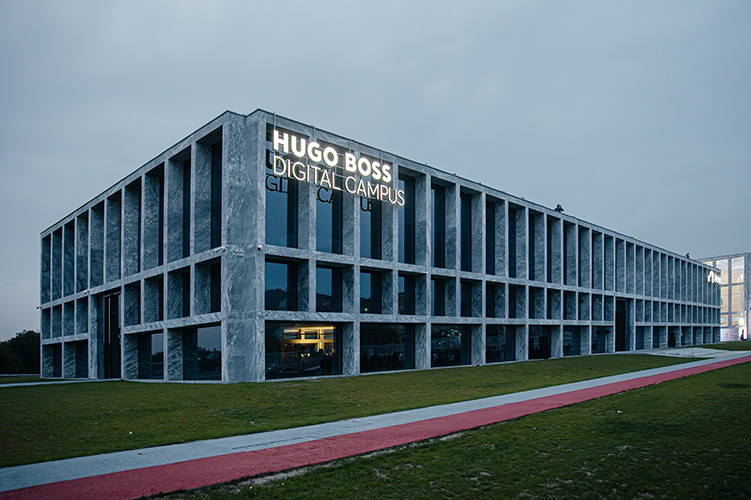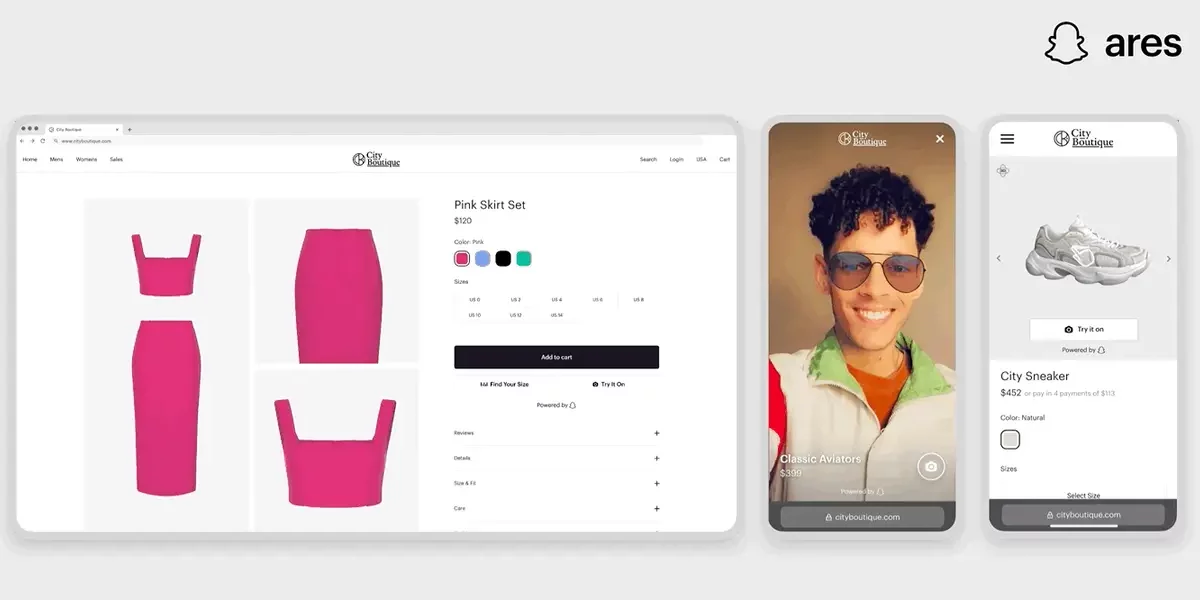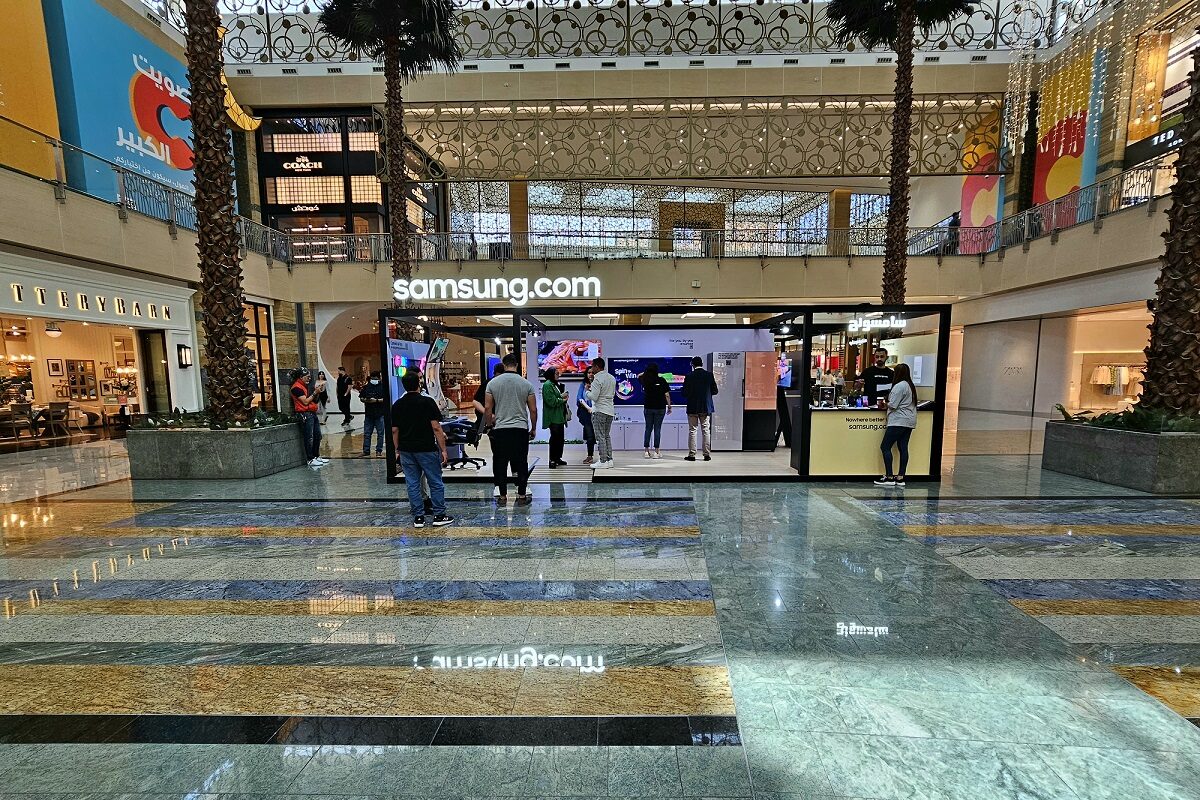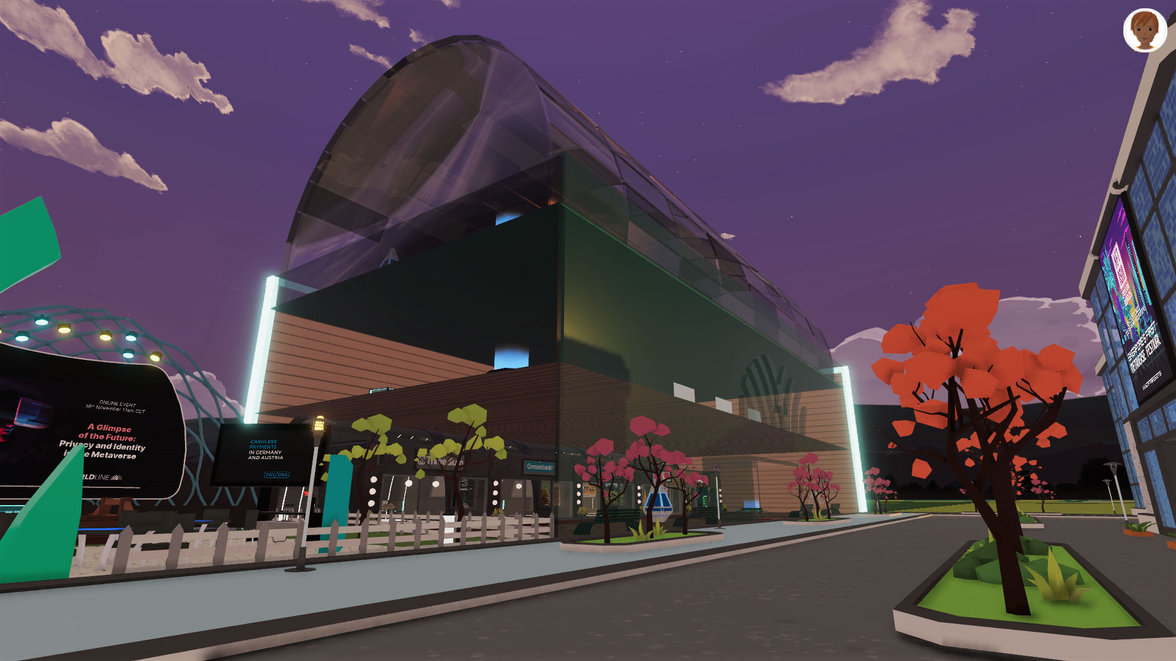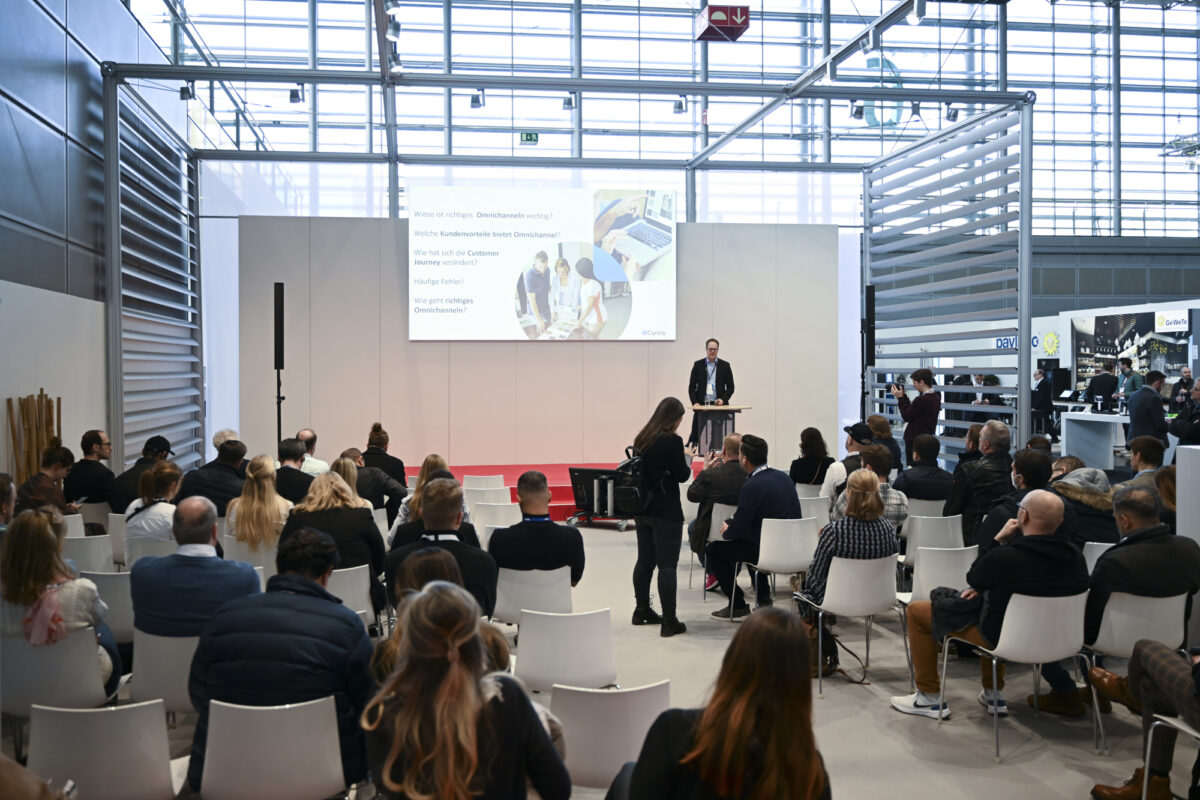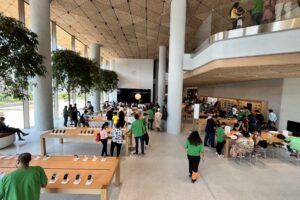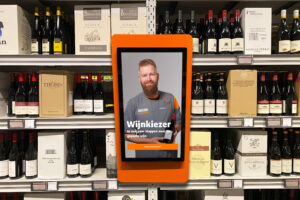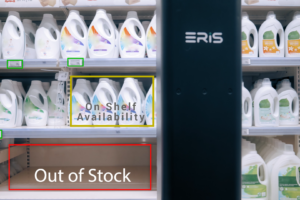Interview with Professor Stephan Erlenkämper of the Technical University of Cologne (Rheinische Fachhochschule Köln, RFH Köln)
The future of retail is omnichannel! Virtually all of today’s brick-and-mortar retailers also have some type of online presence. Meanwhile, online giants like Zalando, Bonprix or Mymuesli have expanded their business to include the offline world. However, there is a shortage of experts who are equally adept at navigating both online and offline retail settings. The new “Retail Management – Omnichannel” Bachelor’s degree at the RFH Cologne aims to educate retail experts. We spoke to the director of studies Professor Stephan Erlenkämper.
Mr. Erlenkämper, the RFH Cologne has recently launched a Bachelor of Retail Management degree. Why is there a need for this degree program?
Stephan Erlenkämper: The challenges facing retailers today made it necessary to adopt an omnichannel-oriented degree approach. Online and offline are melding together, as neither is no longer a separate entity. Online retailers increasingly see the need to have a brick-and-mortar presence with its own unique appeal and advantages, and the same applies to offline retailers when it comes to an online presence. Retailers who want to actively shape the trajectory of this change have to figure out how they can combine the respective advantages and characteristics of each world and merge both to create a winning solution for the customer.

Prof. Stephan Erlenkämper // © privat
Unfortunately, traditional degree programs don’t meet these specific needs, as they either focus on the brick-and-mortar segment (retail – oriented training or a degree in business administration with emphasis on retail management) or highlight the online sector (training or studies in the field of ((business)) informatics). Our “Bachelor of Retail Management” aims to combine the necessary qualifications required for both settings.
You offer this course both as a full-time program and as a dual study program that combines academic studies with experience in a company or vocational training. What are the pros and cons of these two options?
The dual study program is aimed at students who are already professionally active in the retail environment and want to gain additional skills and qualifications in the omnichannel sector. We were able to optimize both the curriculum and set-up of the degree program to where physical attendance is reduced to a minimum and exams and assessments are partly integrated into the workday, allowing a higher education without interrupting a professional work experience.
The full-time program is aimed at graduates or those who don’t have a retail background. It offers the appeal of a full-time college experience for students. Having said that, it is also important to us that our students gain practical work experience and put classroom theory into practical perspective, for example, through part-time work. To do this, we dedicate one weekday when there are no lectures.
What are the major fields within the degree program?
Our goal is to provide students with an understanding of the online and offline retail world. This includes the basic concepts of economics as it pertains to analysis, planning, market research, marketing, and legislation. Added to this are unique requirements that only apply to offline retail (visual merchandising, retail design, and sales mix management) or online retail (fundamentals of programming, store management systems and processes). The main idea here is that students are able to connect the knowledge and skills they gained in each discipline to see the “big picture”.
You collaborate with the Retail Academy in Cologne. How does this work and how does it benefit your students?
We are very excited to collaborate with the Retail Academy as it pertains to this degree program. There are two major advantages for our students as a result: on the one hand, they have the privilege to learn the respective academic disciplines from the experts of one of the leading consulting firms, allowing them to integrate theory and practice. On the other hand, the collaboration enables students to use the Academy to start networking with the retail world.
What types of jobs are students qualified for after graduation?
Our Bachelor of Arts in Retail Management qualifies students for essentially any retail management- related setting. This includes jobs in classic areas like sales, store and business management, plus careers in product, category or account management and most notably responsibilities as it pertains to business development.
Venturing into the future: What will the future of work in retail look like and which skills will be most in-demand?
New technologies lead to great opportunities, but that alone will not create added value. My customers won’t stay loyal to my business or generate more sales simply because I offer some great features. Retailers earn customer loyalty by serving and meeting their needs in an outstanding way. This means, as a retailer, I have to think backwards from the customer’s perspective – and this is where both online and offline retailers are still facing formidable challenges.
In brick-and-mortar settings, customers can remain anonymous when they pay in cash, while online retailers can identify any traffic or click of their customers in real-time. Yet they rarely know what to do with all the data, while in-person communication is also not a staple in automated processes.
I believe a key qualification and skill will be learning how to say “no”, namely, saying “no” to the “More is More” approach. As a retailer, I can no longer adopt every new technology that comes along. Instead, I have to analyze at the outset if this technology can help improve my services through the eyes of my customers.
Interview: Sonja Koller
EuroShop editorial team






